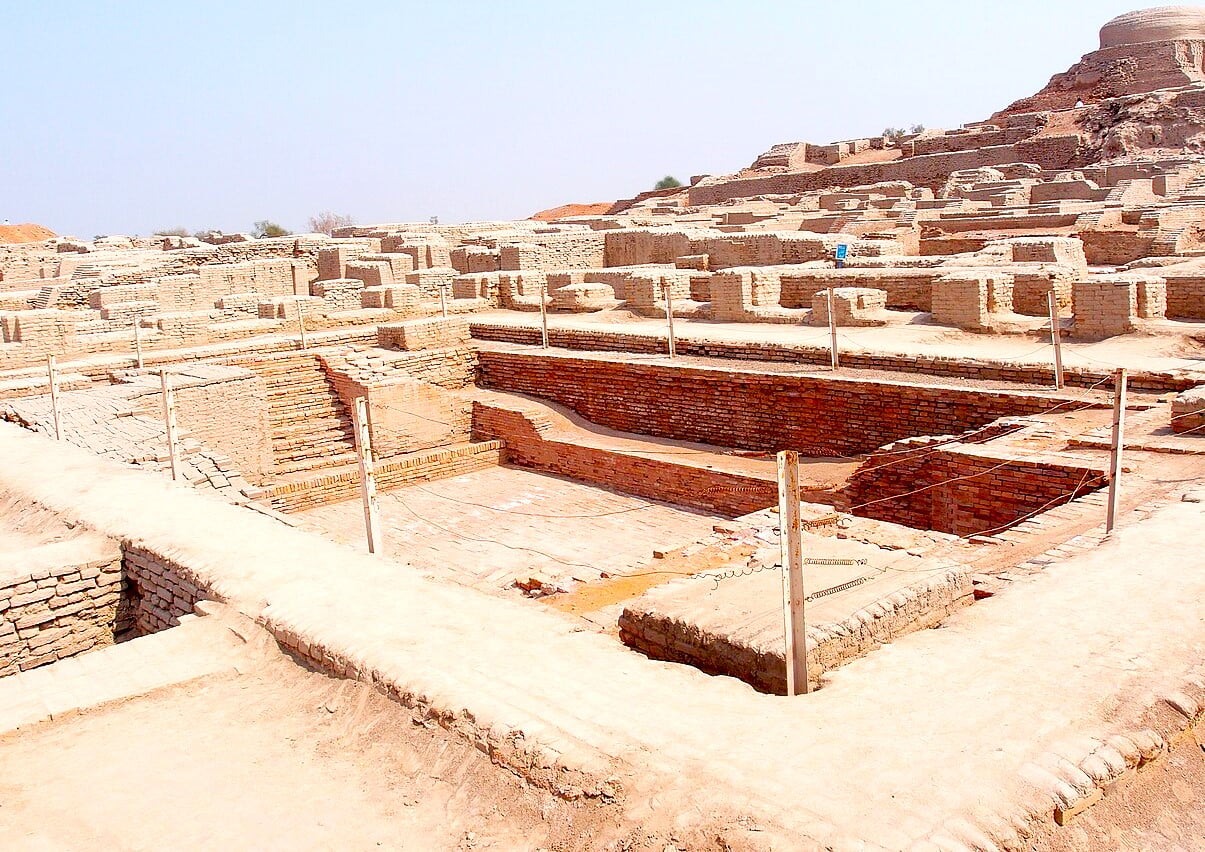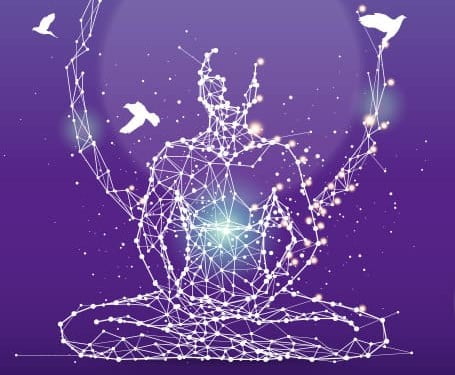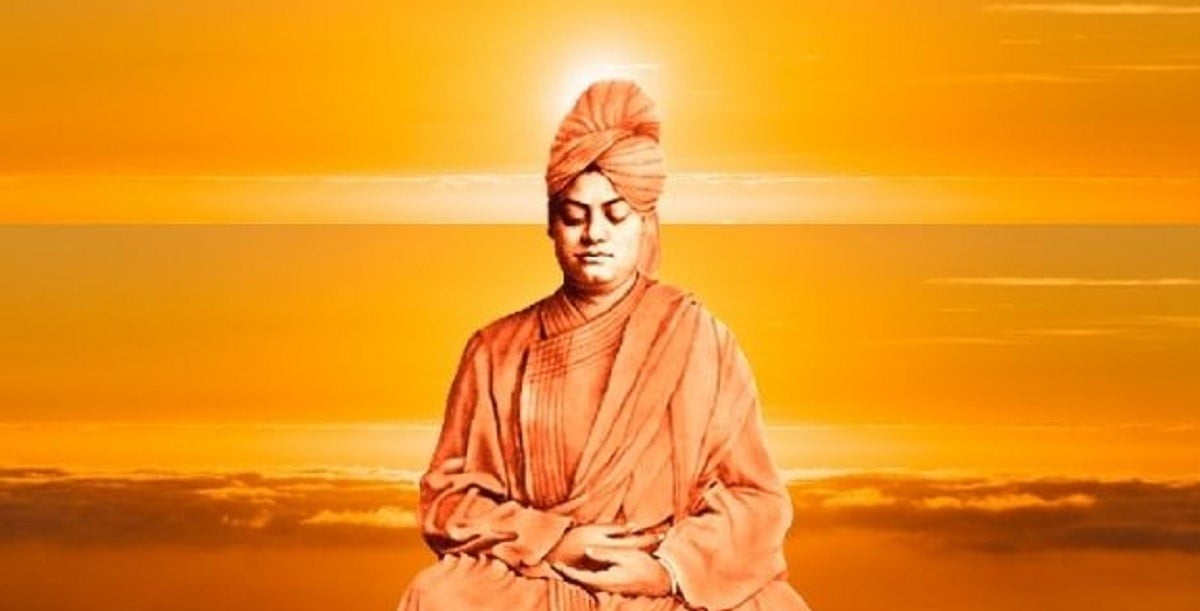Hinduism
One of the oldest and most complex religions in the world, stands apart in many ways from other major faiths. Unlike Christianity, Islam, or Buddhism, which have well-documented origins and founders, Hinduism lacks a single point of inception or a specific founder. This unique characteristic has led to its description as Sanatana Dharma, meaning the “eternal way” or “eternal order.” This article delves into why Hinduism’s lack of a fixed origin date contributes to its perception as an immortal religion and explores how this timelessness underpins its continued relevance and vibrancy in the modern world.
The Ancient Roots of Hinduism
An Untraceable Beginning
Hinduism’s history stretches back over 4,000 years, making it one of the oldest living religions. Unlike other religions that can pinpoint their beginnings to a specific event or person, Hinduism’s origins are lost in the mists of time. It evolved gradually, absorbing and integrating a vast array of cultural, philosophical, and ritual practices from the ancient civilizations of the Indian subcontinent.

The Indus Valley Civilization
The roots of Hinduism can be traced to the Indus Valley Civilization, which flourished between 2500 and 1500 BCE. Archaeological evidence from this period, including seals, figurines, and artifacts, suggests the presence of religious practices that have parallels in later Hindu traditions. The continuity between the Indus Valley and subsequent Vedic periods indicates a deep and unbroken cultural heritage.
The Vedas: Eternal Knowledge
The Vedas, composed between 1500 and 500 BCE, are the oldest sacred texts of Hinduism. They were not authored by any single individual but were transmitted orally across generations before being written down. The Rigveda, the earliest of the Vedas, contains hymns that reflect a complex ritualistic tradition and a rich pantheon of deities. The Vedas form the foundation of Hindu thought and practice, embodying wisdom that is considered timeless and eternal.
The Concept of Sanatana Dharma
Beyond Time and Space
Sanatana Dharma, often translated as “eternal religion,” emphasizes the timeless nature of Hinduism. It suggests that Hinduism is not bound by historical timelines or geographical boundaries. Instead, it is seen as a universal and eternal truth that transcends human history.
The Cyclical Nature of Time
A fundamental aspect of Hindu cosmology is the concept of time as cyclical, rather than linear. According to Hindu beliefs, the universe undergoes endless cycles of creation, preservation, and destruction, known as Yugas. This cyclical understanding of time reinforces the notion that Hinduism is timeless, as it continually renews and sustains itself through these cosmic cycles.
Immortality Through Dharma
Dharma, a core principle in Hinduism, refers to the moral and ethical duties that sustain the universe. It is believed that by adhering to dharma, individuals and societies contribute to the maintenance of cosmic order. This concept of dharma is eternal and unchanging, further reinforcing the idea of Hinduism as an immortal religion.
The Philosophical Richness of Hinduism
Diverse Philosophical Traditions
Hinduism encompasses a wide array of philosophical traditions and schools of thought. From the dualistic realism of Samkhya to the non-dualistic idealism of Advaita Vedanta, Hindu philosophy presents a rich tapestry of perspectives on reality, consciousness, and the divine. This diversity allows for a broad and inclusive understanding of the world, accommodating various beliefs and practices within its fold.

The Pursuit of Moksha
One of the ultimate goals in Hinduism is the attainment of moksha, or liberation from the cycle of birth and death. This pursuit of spiritual liberation is seen as an eternal quest, transcending temporal existence. The teachings and practices aimed at achieving moksha are considered timeless, applicable to all human beings regardless of the era in which they live.
The Resilience of Hindu Philosophy
Hinduism’s philosophical resilience is evident in its ability to adapt and integrate new ideas while maintaining its core principles. This adaptability has allowed Hinduism to endure and thrive through various historical epochs, including periods of foreign invasion, colonialism, and modernity.
Hinduism’s Influence and Adaptability
Cultural Integration
Hinduism’s ability to integrate and assimilate diverse cultural influences is a testament to its adaptability. Throughout its history, Hinduism has absorbed elements from various cultures and traditions, including those of the Aryans, Dravidians, Greeks, Persians, and others. This syncretism has enriched Hinduism, making it a dynamic and evolving tradition.
The Bhakti Movement
The Bhakti movement, which emerged around the 7th century CE, exemplifies Hinduism’s adaptability. This devotional movement emphasized personal devotion to a chosen deity, cutting across social and caste barriers. The Bhakti movement revitalized Hinduism by making spirituality accessible to the masses and fostering a more inclusive religious practice.
Modern Hindu Reform Movements
In the 19th and 20th centuries, Hinduism underwent significant transformations through various reform movements. Leaders like Swami Vivekananda, Mahatma Gandhi, and Sri Aurobindo sought to reinterpret and modernize Hindu teachings, addressing contemporary social issues while preserving the essence of the tradition. These reform movements have helped Hinduism remain relevant in the modern world.

The Enduring Relevance of Hinduism
A Global Presence
Today, Hinduism is not confined to the Indian subcontinent but has a global presence. The Hindu diaspora has spread to various parts of the world, including North America, Europe, Africa, and the Middle East. Hindu temples, cultural centers, and festivals are found in many countries, reflecting the religion’s widespread influence.
Yoga and Meditation
Hinduism’s contributions to global spirituality are significant, particularly through practices like yoga and meditation. These practices, rooted in Hindu philosophy, have gained immense popularity worldwide, transcending religious boundaries. Yoga and meditation are embraced for their physical, mental, and spiritual benefits, showcasing the universal appeal of Hindu wisdom.
Interfaith Dialogue
Hinduism’s inherent pluralism and tolerance have made it an important participant in interfaith dialogue. Hindu thinkers and leaders have engaged with representatives of various religions to promote mutual understanding and respect. This dialogue underscores Hinduism’s capacity to contribute to global peace and harmony.
The Immortality of Hinduism
The Absence of a Fixed Origin
Hinduism’s lack of a fixed origin date is often viewed as a source of its strength and resilience. Unlike religions with a definitive beginning and historical founder, Hinduism’s origins are interwoven with the fabric of ancient human civilization. This absence of a specific starting point contributes to its perception as an eternal and immortal tradition.
An Inclusive and Evolving Tradition
Hinduism’s inclusive nature allows it to evolve and adapt without losing its core principles. It embraces a wide range of beliefs, practices, and philosophies, making it a living tradition that can respond to changing times and contexts. This adaptability ensures that Hinduism remains relevant and vital, capable of addressing the spiritual needs of successive generations.
The Eternal Quest for Truth
Hinduism, with its ancient roots and timeless principles, stands as a unique and enduring religious tradition. Its lack of a fixed origin date underscores its eternal nature, positioning it as a religion that transcends the boundaries of time and space. The concept of Sanatana Dharma, the cyclical understanding of time, and the pursuit of dharma and moksha all contribute to Hinduism’s perception as an immortal religion.
In celebrating Hinduism, we recognize its profound wisdom, spiritual depth, and timeless teachings. Hinduism’s eternal quest for truth and its emphasis on personal spiritual experience ensure that it remains a living and dynamic tradition, capable of guiding and inspiring humanity for generations to come. As we continue to explore and appreciate the richness of Hinduism, we affirm its place as an immortal beacon of spiritual wisdom and a testament to the enduring human quest for understanding and enlightenment.
More from NewsBuzz1 – Why Narendra Modi is the Best Choice for India’s Prime Minister in 2024

